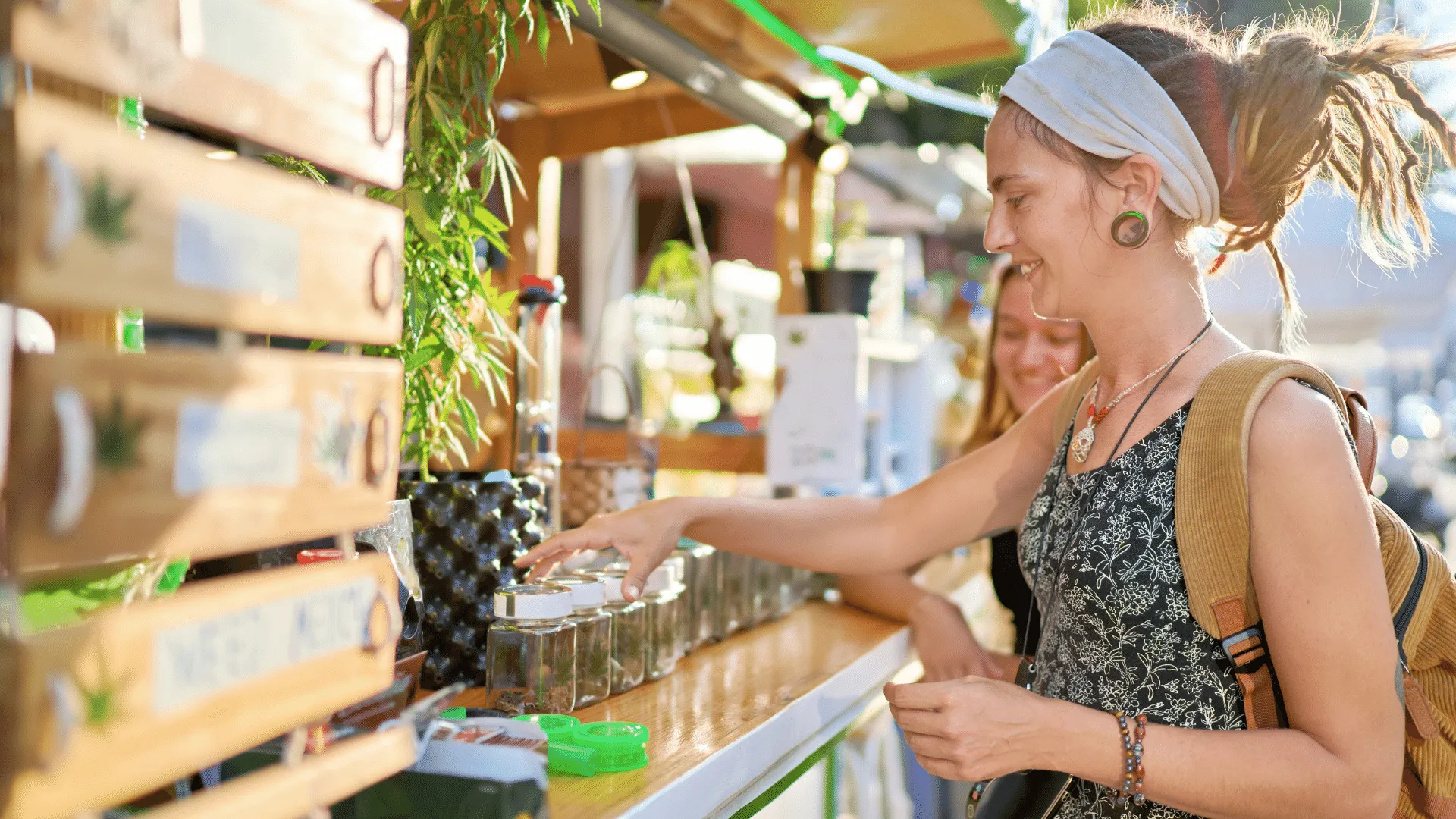Ban Na Ton Chan: A Journey to Sustainable Living and Cultural Immersion

Personal Experiences
Visitors to Ban Na Ton Chan often recount experiences of deep cultural immersion. Imagine a group of travelers who, upon arrival, are welcomed into the heart of village life. They learn the art of traditional cloth weaving, a unique process where cloth is softened using mud - a technique refined over years of experimentation. This hands-on experience provides a rare glimpse into the villagers’ daily lives and their ingenious use of natural resources.
Cultural Insights
The sustainable lifestyle of Ban Na Ton Chan is anchored in its agricultural practices and traditional crafts. The village's commitment to eco-friendly practices is evident in their organic farming methods and the use of natural materials in cloth dyeing. This approach not only preserves the environment but also maintains the authenticity of their cultural heritage. The community's involvement in such sustainable practices has garnered recognition, showcasing a successful model of community-based tourism.
Travel Tips
For those planning to visit Ban Na Ton Chan, engaging respectfully with the community and its practices is paramount. Visitors are encouraged to participate in the daily activities of the village, from farming to cloth weaving, to gain a true understanding of the local way of life. It's a place where one can disconnect from the fast-paced modern world and reconnect with nature and simpler, sustainable living. The best way to visit is by staying at a local homestay, which not only supports the community economically but also enriches your travel experience with genuine cultural exchange.
Conclusion
Ban Na Ton Chan is not just a destination; it's a living example of how traditional practices and sustainable living can harmoniously coexist. It offers a unique opportunity for travelers to not just see but actively participate in a way of life that respects and cherishes its natural and cultural heritage. As we continue our journey through Thailand's hidden gems, Ban Na Ton Chan stands as a beacon of sustainable tourism and cultural richness.








